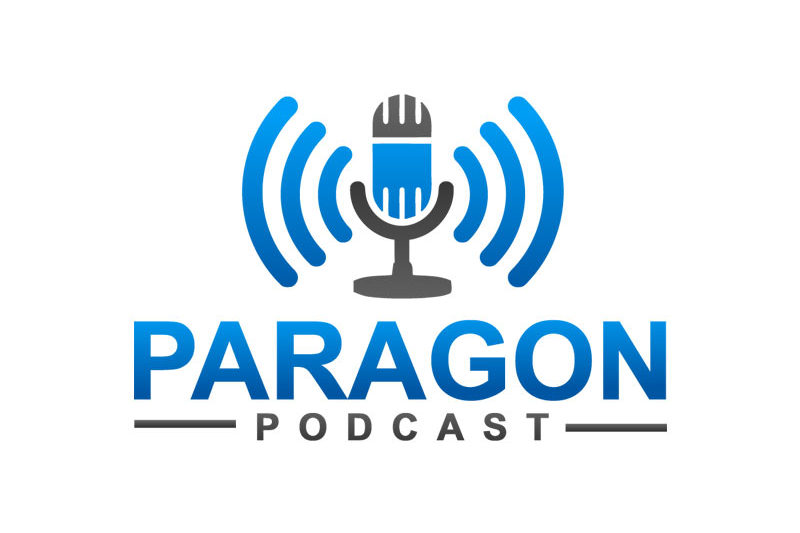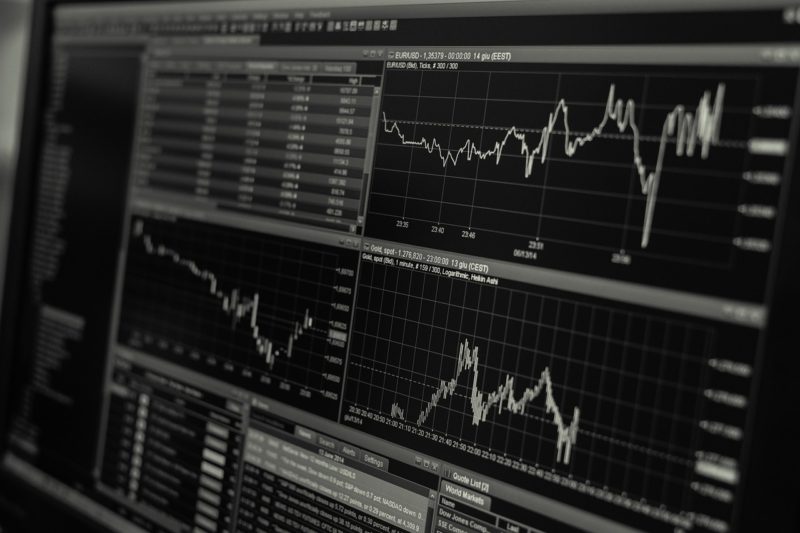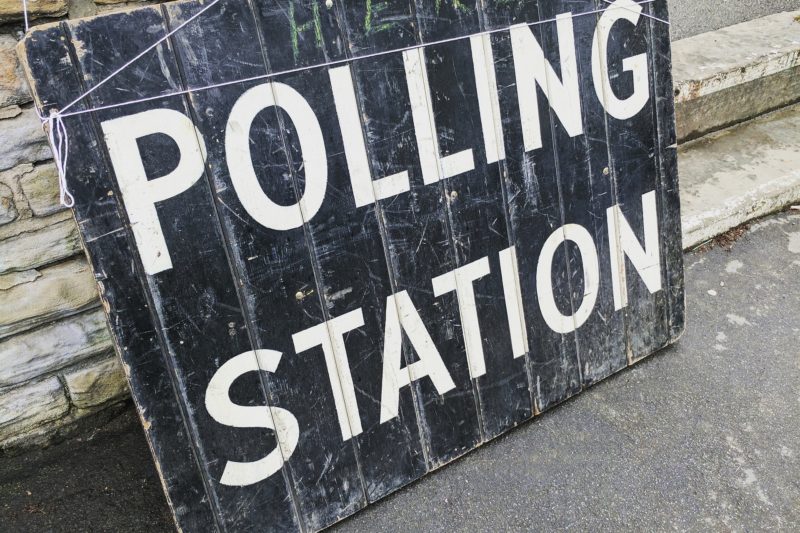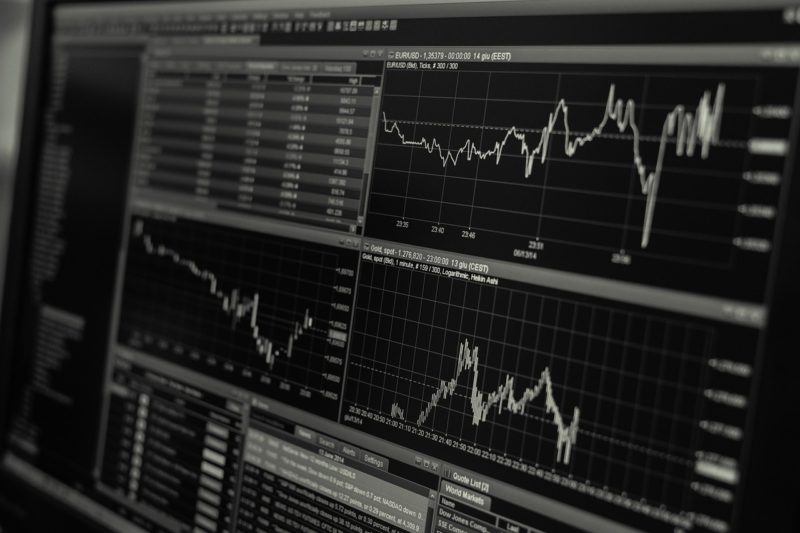2019 has been a volatile year with the expanding U.S. - China trade war, a tense European Union, and fears of a possible global economic slowdown. As risk and tension rises around the globe due to both economic and geo-political uncertainty, so does volatility in the equity markets. With equity markets experiencing a 3% drop today (August 14, 2019) we thought we would give a brief overview of the various events contributing to the recent increase in volatility.






